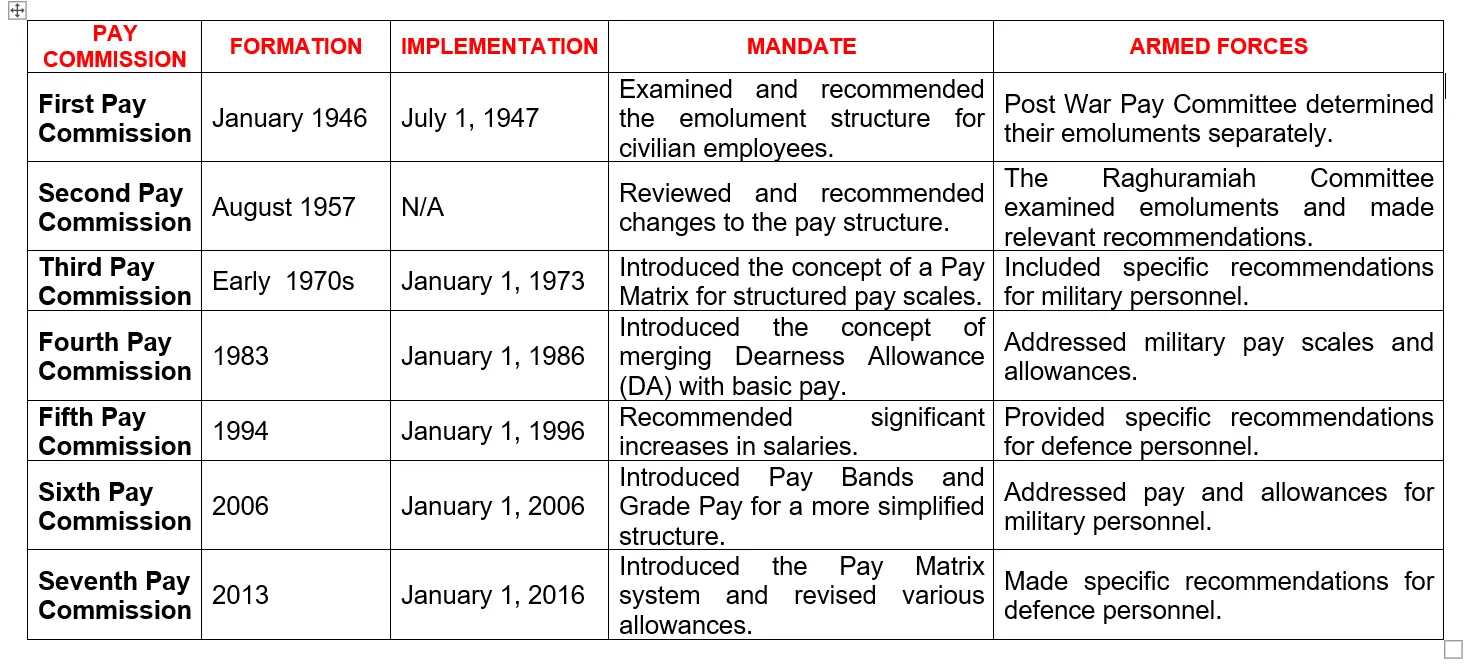8TH PAY COMMISSION :CABINET APPROVES : FOR CENTRAL GOVERNMENT EMPLOYEES
What Is the 8th Pay Commission?
Pay Commissions are established by the Central Government approximately every ten years to review and recommend changes to the salary structures, allowances, and pensions of Central government employees. The previous 7th Pay Commission, formed in 2014, introduced several changes in 2016 that ensured pay parity and benefited both current employees and pensioners. With its term set to end on December 31, 2025, the approval of the 8th Pay Commission comes as a proactive step to ensure a smooth transition.
Key Announcements from the Union Cabinet
- Approval and Formation:
- The Cabinet, led by Prime Minister Narendra Modi, approved the formation of the 8th Pay Commission during a recent meeting. The commission’s exact setup date remains undisclosed, but it is expected to be operational by 2026.
- A chairman and two members will be appointed soon to oversee its rollout.
- Implementation Timeline:
- The 8th Pay Commission is anticipated to come into force on January 1, 2026, aligning with the end of the 7th Pay Commission’s term.
- Salary and Allowance Revisions:
- Once operational, the commission will propose revisions to basic pay, allowances, and pensions. This includes adjustments to the Dearness Allowance (DA) and Dearness Relief (DR), both of which are crucial for combating inflation.
- Impact on Employees and Pensioners:
- The recommendations will directly benefit over one crore employees and pensioners, ensuring better financial stability and increased purchasing power.
Significance of the Announcement
The announcement, made just days ahead of Budget 2025, underscores the government’s commitment to addressing the financial well-being of its employees. By approving the 8th Pay Commission well in advance, the government ensures a seamless transition and ample preparation time for implementing the new recommendations. This is crucial for:
- Maintaining Pay Parity: The commission will address discrepancies in pay scales, ensuring fairness across different employee categories.
- Inflation Adjustment: Regular salary and pension revisions help employees and retirees cope with rising living costs.
- Boosting Morale: Such initiatives reflect the government’s recognition of its employees’ contributions, fostering a motivated workforce.
What to Expect from the 8th Pay Commission
The 8th Pay Commission is expected to follow the precedents set by its predecessors, but with adjustments tailored to the current economic scenario. Key areas of focus may include:
- Fitment Factor: This multiplier, used to calculate the revised basic pay, could see an increase, leading to significant salary hikes.
- Dearness Allowance (DA): Periodic DA hikes are likely to continue, ensuring salaries align with inflation trends.
- Allowances and Benefits: Existing allowances such as Housing Rent Allowance (HRA), Travel Allowance (TA), and medical benefits may be revised.
- Pension Adjustments: Retirees can expect changes to their pensions, along with enhanced Dearness Relief (DR).
Looking Back: The 7th Pay Commission’s Achievements
The 7th Pay Commission, constituted in 2014, brought substantial changes to the pay structure of Central government employees. Its implementation in 2016 introduced:
- A minimum pay of ₹18,000 and a maximum pay of ₹2.5 lakh.
- Enhanced allowances, including a uniform revision of DA rates.
- A rationalized structure that reduced anomalies in pay scales.
These reforms improved the financial well-being of employees and retirees, setting a benchmark for future commissions.

Challenges and Opportunities
While the approval of the 8th Pay Commission is widely welcomed, certain challenges must be addressed to maximize its impact:
- Economic Constraints: The recommendations must strike a balance between enhancing employee benefits and maintaining fiscal responsibility.
- Timely Implementation: Delays in forming the commission or adopting its recommendations could dilute its intended benefits.
On the other hand, this decision presents opportunities for the government to:
- Enhance Public Sector Productivity: Improved employee morale can lead to higher efficiency and service quality.
- Drive Economic Growth: Increased disposable income among employees and pensioners could boost consumer spending.
Conclusion
The approval of the 8th Pay Commission ahead of Budget 2025 marks a proactive and employee-centric approach by the Central Government. By addressing salary, allowance, and pension revisions, the government ensures that over one crore employees and pensioners can look forward to better financial security and stability. As details about the commission’s members and recommendations emerge, anticipation will grow among Central government employees for the benefits that lie ahead.
Stay tuned for more updates on the 8th Pay Commission as we delve into its implications for employees, pensioners, and the economy.

 DOWNLOAD PRE-2016 NAVAL VETERANS EPPO
DOWNLOAD PRE-2016 NAVAL VETERANS EPPO 


 NOTIONAL FIXATION USING BASIC PAY FROM 3rd CPC TO 7th CPC
NOTIONAL FIXATION USING BASIC PAY FROM 3rd CPC TO 7th CPC
No comments:
Post a Comment
Indian Military Veterans Viewers, ..
Each of you is part of the Indian Military Veterans message.
We kindly request you to make healthy use of this section which welcomes the freedom of expression of the readers.
Note:
1. The comments posted here are the readers' own comments. Veterans news is not responsible for this in any way.
2. The Academic Committee has the full right to reject, reduce or censor opinion.
3. Personal attacks, rude words, comments that are not relevant to the work will be removed
4. We kindly ask you to post a comment using their name and the correct email address.
- INDIAN MILITARY VETERANS- ADMIN